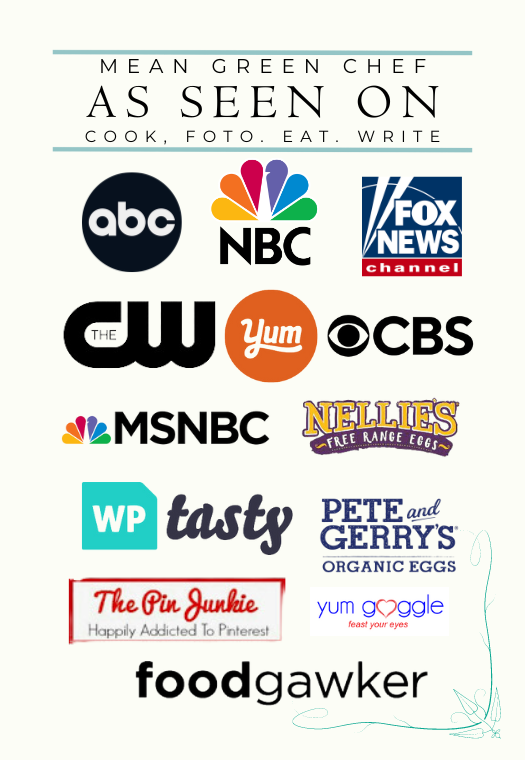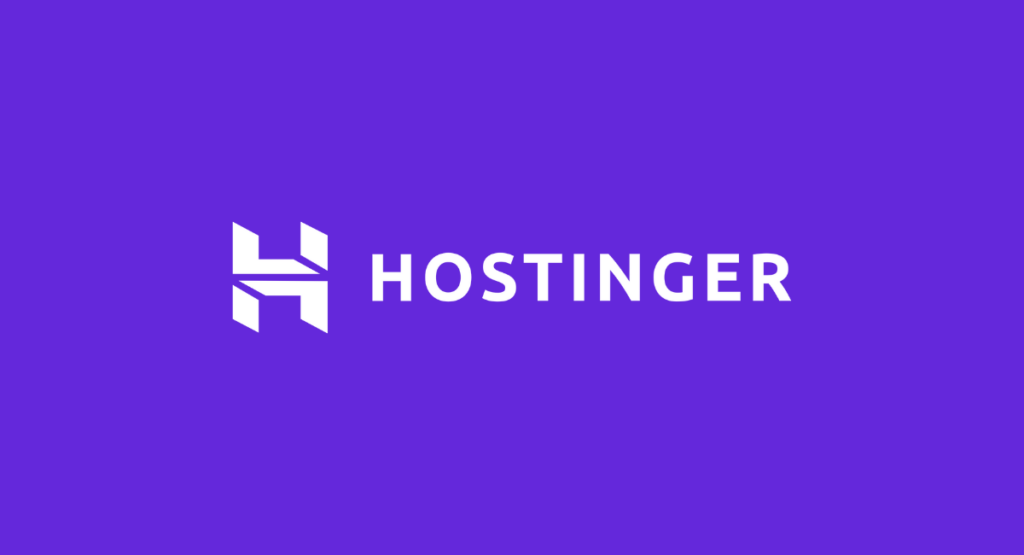Deciding Between Self-Hosting and Free Blogging Platforms for Your WordPress Site: A Crucial First Step in Bringing Your Food Blog Idea to Life. While this decision is vital for any budding blog endeavor.

Hey there! Just a heads-up: Some links on this site are affiliate links. If you make a purchase through them, I may earn a small commission. These links are to products I genuinely recommend. Your support keeps this site running. Thanks for being here!
carte du jour
ToggleCreating Your Website: A Guide for New Bloggers Starting with WordPress
I love working in WordPress, and so do 75 million other website creators (and counting), it‘s the most popular way to build a website! So I recommend starting on or switching over to a self-hosted WordPress configuration. When you Google WordPress there are 2 top results in Google that you’ll receive.
- wordpress.com
- wordpress.org
If you are looking to launch a food blog or website, you have complete control over and can monetize to the fullest. You want to choose the 2nd, wordpress.org!!
WordPress.org is a free, open source content management system. OK, non-geek speak! WordPress.org is a self-hosted blogging platform. Click the link below and download directly from WP.
The Benefits of Utilizing a Self-Hosted Blogging Platform
Good Question! Here are the pros and cons of using a self-hosted blogging platform.
Advantages of Using a Self-Hosted WordPress Blog
Full Control: With a self-hosted WordPress blog, you have complete control over your website’s design, functionality, and content management, allowing for greater customization and flexibility.
Professional Appearance: Self-hosted WordPress blogs offer a wide range of customizable themes and plugins, enabling you to create a professional-looking website that aligns with your brand and style preferences.
Custom Domain Name: Self-hosted WordPress blogs allow you to use a custom domain name (e.g., www.yourdomain.com), which enhances your brand identity and credibility, compared to a subdomain provided by free hosting platforms.
Monetization Options: Self-hosted WordPress blogs provide more opportunities for monetization, such as displaying ads, selling products or services, and integrating affiliate marketing, allowing you to generate revenue from your blog.
SEO Benefits: Self-hosted WordPress blogs offer powerful SEO features and plugins, helping your website rank higher in search engine results and attract more organic traffic, leading to increased visibility and growth opportunities.
Scalability: As your blog grows, self-hosted WordPress allows you to easily scale your website by adding more features, functionalities, and resources, ensuring that your website can accommodate increased traffic and user engagement.
Ownership and Data Control: With a self-hosted WordPress blog, you own your website and have full control over your data, ensuring privacy and security, compared to free hosting platforms where you may have limited control and ownership rights.
Choosing the Right Hosting Service
I’m sure you’ve been digging into different web hosting companies, just like I have over the years. I’ve tried out quite a few services, and I gotta say, I’ve found one that’s truly top-notch (and yes, it’s an affiliate link). But seriously, you won’t find a better hosting service out there, I promise. Not to mention, their prices are excellent! Hostinger Fast and Secure Web Hosting.
I’ve been with them for years, and I can proudly say my site has never experienced downtime. Plus, their rates are incredibly budget-friendly, especially for newbie bloggers. And let me tell you, their customer service is top-notch, too. Trust me, they’re unbeatable!
Visit the link above—and see what they have to offer, you’ll be happy you did!
Drawbacks of a Self-Hosted Blog
- Requires an initial investment.
- The learning curve can intimidate new bloggers. (It’s doable though, and we’ll help along the way!)
Understanding the Costs of Starting a Self-Hosted Blog
Domain Name: The cost of registering a custom domain name for your blog, which typically ranges from $10 to $20 per year, depending on the domain registrar and the domain extension (.com, .net, .org, etc.).
Web Hosting: The monthly or annual fee for web hosting services, which can vary widely depending on the hosting provider, hosting plan, and features included. Shared hosting plans may start as low as $3 to $10 per month, while managed hosting or VPS plans can range from $20 to $100 or more per month.
SSL Certificate: The cost of an SSL (Secure Sockets Layer) certificate to encrypt data transmitted between your website and its visitors’ browsers. SSL certificates are essential for securing your website and are typically included for free in most web hosting plans, but premium SSL certificates with advanced features may incur additional costs.
Premium Themes and Plugins: While WordPress offers a wide range of free themes and plugins, you may choose to invest in premium themes or plugins to enhance the design and functionality of your blog. Premium themes and plugins can range from $20 to $100 or more, depending on the developer and the features included.
Additional Services: Optional services such as professional email hosting, backup solutions, and content delivery networks (CDNs) may incur additional costs, depending on your specific needs and preferences.
Renewal Fees: Keep in mind that many services, such as domain registration and web hosting, require annual renewal fees to maintain your website’s online presence. Be sure to budget for these recurring costs to ensure the continued operation of your self-hosted blog.
Limitations of Free Blogging Platforms like WordPress.com
Limited Customization: Free blogging platforms often have restricted customization options compared to self-hosted solutions. You may have limited access to themes, plugins, and advanced customization features, resulting in a less unique and branded website.
Domain Restrictions: With free blogging platforms, your website URL will typically include the platform’s name (e.g., yourblog.wordpress.com), which can appear less professional and limit your branding potential. Additionally, custom domain options may require a premium subscription.
Advertisement Placement: Free blogging platforms may display advertisements on your website over which you have limited control. These ads can detract from your content and may not align with your brand or message.
Limited Monetization Options: Free platforms often have restrictions on monetization, such as limitations on advertising, affiliate marketing, and selling products or services. This can hinder your ability to generate revenue from your blog.
Ownership and Control: When using a free blogging platform, you have less control and ownership over your content and data. The platform may have the right to remove or modify your content, and you may not have access to advanced features or analytics.
Support and Resources: Free blogging platforms may offer limited customer support and resources compared to premium options. You may not have access to dedicated support staff or comprehensive documentation and tutorials to help you troubleshoot issues or optimize your website.
Scalability and Growth: Free blogging platforms may not provide the scalability and flexibility needed as your website grows. You may encounter limitations on storage space, bandwidth, and features, making it challenging to expand your website and accommodate increased traffic and engagement.
Heading: Benefits of Free Blogging Platforms
Cost-Free: Free blogging platforms allow you to create and maintain a website without any upfront costs, making them ideal for beginners or those on a tight budget.
Ease of Use: Most free blogging platforms offer user-friendly interfaces and intuitive tools, making it easy for anyone to create and publish content without technical expertise.
Quick Setup: With free blogging platforms, you can get your website up and running in minutes, as they typically provide pre-designed templates and hosting services, eliminating the need for separate web hosting.
Community and Networking: Free blogging platforms often have built-in communities and networking features, allowing you to connect with other bloggers, share content, and engage with your audience.
Minimal Maintenance: Free blogging platforms handle the technical aspects of website maintenance, such as security updates and backups, freeing you to focus on creating content and growing your audience.
Contrasting WordPress.org and WordPress.com
WordPress is an online, open source website development tool. Written in PHP and developed thousands of people, it’s likely the easiest and most powerful blogging and website content management system!
Hosting: WordPress.org requires you to find and pay for your own web hosting service, while WordPress.com hosts your website for you.
Customization: With WordPress.org, you have full control over your website’s customization, including themes, plugins, and code modifications. WordPress.com offers limited customization options, especially with free plans.
Domain Name: WordPress.org allows you to use any custom domain name you choose, while WordPress.com provides a free subdomain (e.g., yoursite.wordpress.com) or the option to use a custom domain for a fee.
Monetization: WordPress.org allows you to monetize your website however you choose, including displaying ads, selling products, or using affiliate marketing. WordPress.com has restrictions on monetization, especially with free plans, and may display ads on your site.
Updates and Maintenance: With WordPress.org, you are responsible for updating your website’s software, themes, and plugins, as well as handling backups and security. WordPress.com takes care of updates and maintenance for you.
Support: WordPress.org offers community support through forums and documentation, with additional support available through third-party services. WordPress.com provides official support through its support team, with priority support available for paid plans.
Cost: WordPress.org itself is free to use, but you’ll need to pay for web hosting and any premium themes or plugins you choose. WordPress.com offers free plans with limited features, as well as paid plans with additional features and customization options.
Feeling unsure? Drop us a comment with your question, and we’ll gladly lend a hand!
Curious about selecting camera gear for your food blogging journey? Explore some of the camera gear I use. As my collection continues to expand, this post will be regularly updated with new additions.
Keep up with the latest food blogging tips, techniques, photography, styling, and more. We only share relevant information and never sell our email list or spam. Thank you for reading! Feel free to drop any questions you have below!
Further Resources for Food Bloggers
Step Into My Kitchen!
Hey there, fellow food enthusiast! Welcome to Mean Green Chef, where every dish tells a story and every recipe is a labor of love. I’m thrilled to share a bit about myself and the journey that led me here, stirring pots and sprinkling spices for over three decades!


Just a quick heads up – you might notice some affiliate links sprinkled throughout our site. If you decide to click on them and make a purchase, rest assured, it won’t cost you extra. Instead, you’ll be helping to support our blog and keep the kitchen fires burning. Thanks a bunch for your support!







